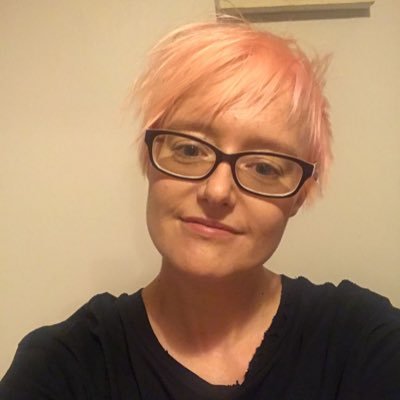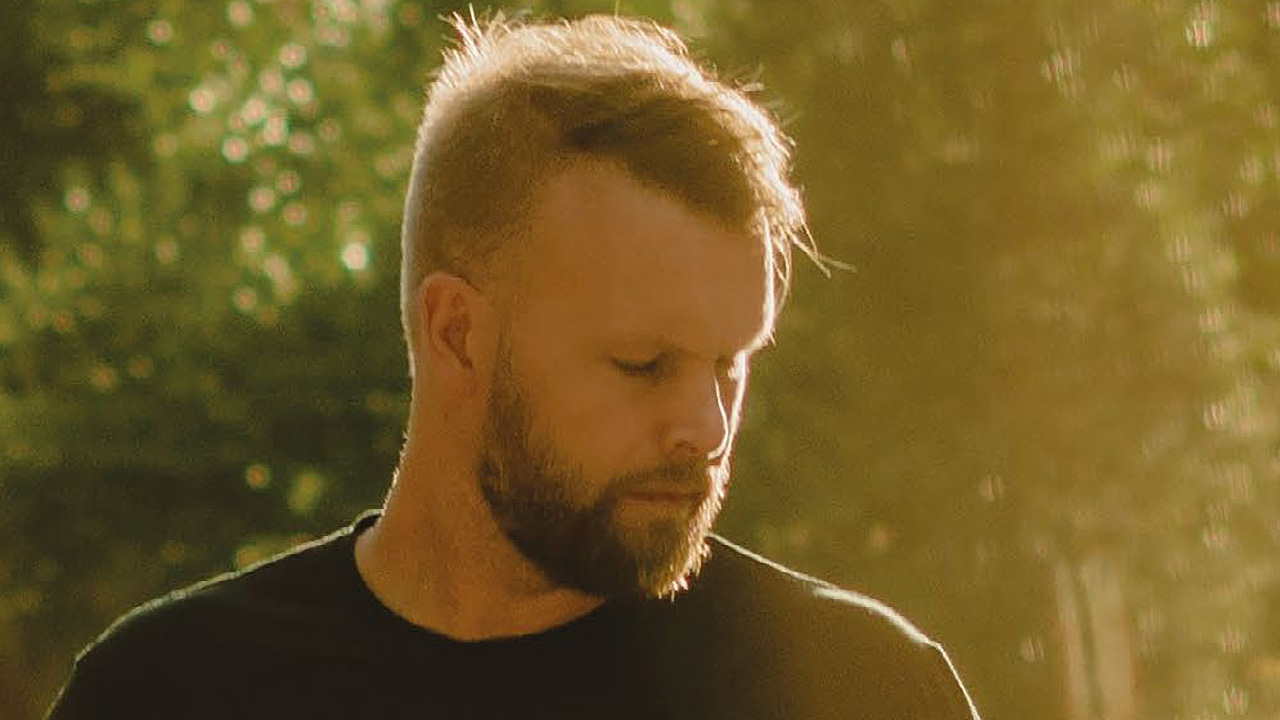“I should’ve died of alcohol poisoning!” How Waking The Fallen catapulted Avenged Sevenfold to international fame and new levels of debauchery
On August 26, 2003, Avenged Sevenfold went from underground punks to metalcore superstars with Waking The Fallen. Then the following tour tested their will to survive…
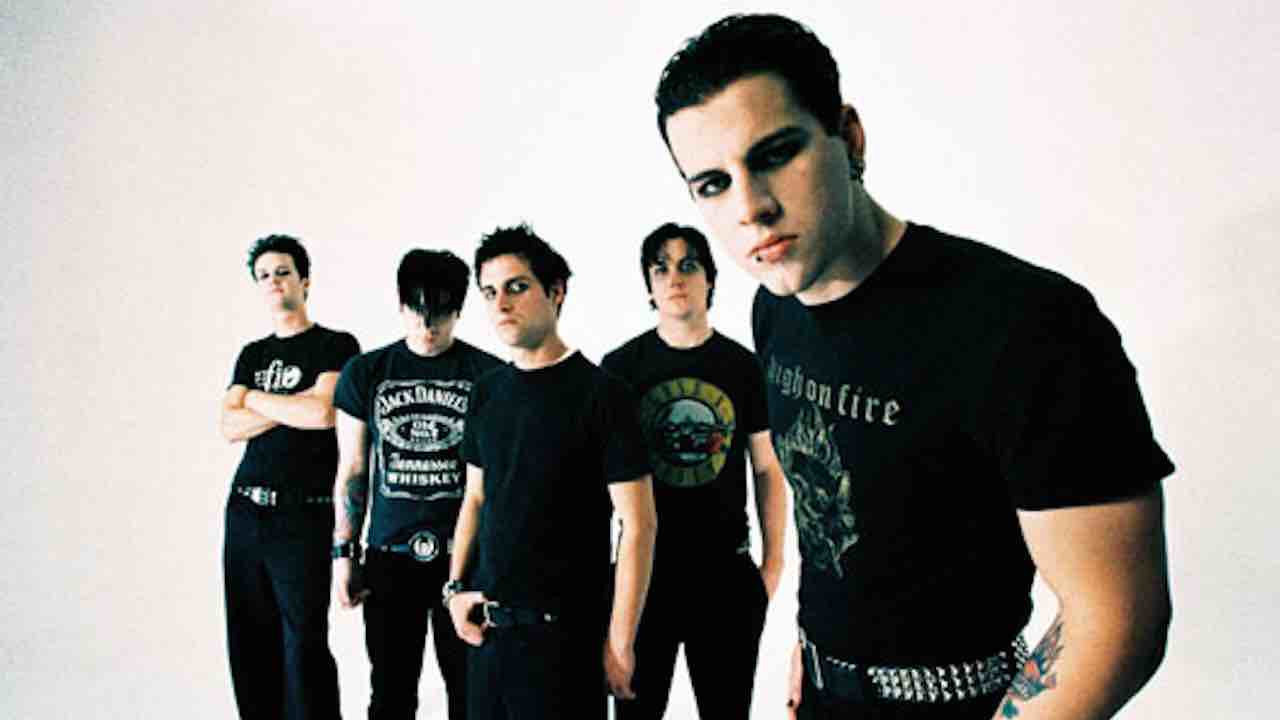
Avenged Sevenfold have always been a band with a vision. In 2001, the Californians caused a small buzz with their debut, Sounding The Seventh Trumpet: an ambitious opening statement overflowing with ideas. But when they set about writing its follow-up, they wanted to go further.
“Even when we were at that point when we had very few fans, we never felt like a small band,” guitarist Zacky Vengeance told Billboard in 2014. “We always felt like we had a big purpose.”
That vision came to fruition on the band’s second album, Waking The Fallen, which 20 years on from its original release stands tall as a genre-defining metalcore classic – not to mention one of the best metal albums of the 2000s. Whereas not all of the band’s ideas had landed on Sounding The Seventh Trumpet, Waking… took everything about their wide-reaching sound – a blend of classic metallic riffery, hardcore punk and the melodicism of Swedish death metal, combined with a gothic twist – and laser-focused it for a distinctive take on metalcore.
Written in vocalist M. Shadows’ parents’ garage, Waking… solidified Avenged’s classic lineup with the addition of lead guitarist Synyster Gates and bassist Johnny Christ, alongside beloved late drummer, Jimmy “The Rev” Sullivan. The newly-affirmed five-piece wrote bangers that still stand up today in the band’s now-overflowing arsenal.
“Waking The Fallen was probably my favourite [album] to write because there was just no thought or care in the world,” Gates said during the band’s 2014 Waking The Fallen Resurrected documentary. “It just allowed for this breeding ground of creativity from us that was uninhibited.”
Sounding The Seventh Trumpet had won the band the attention of L.A.-based Hopeless Records. The label signed them and gave them a $30,000 budget to record Waking…, hooking them up with Godsmack producer Andrew Murdock.
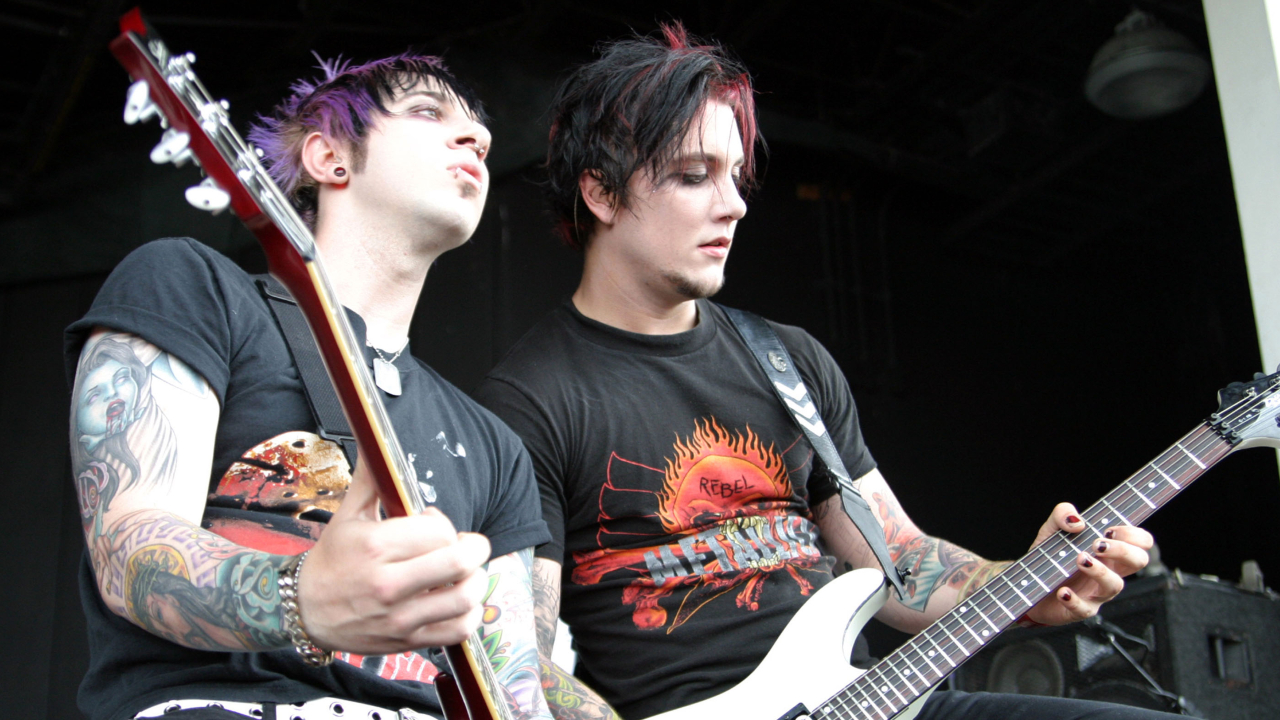
“We wanted to take it to a different level rather than keep it in the garage,” remembered Vengeance. “We really tried to make the album sound good. We tried to learn how to play our instruments better. We wanted to be professional. We learned that bands learn how to play in time and how to sing in key, and we had to work our ass off.”
Sign up below to get the latest from Metal Hammer, plus exclusive special offers, direct to your inbox!
“We had two intentions,” explained Shadows. “We wanted to be the heaviest and most melodic band at that time.”
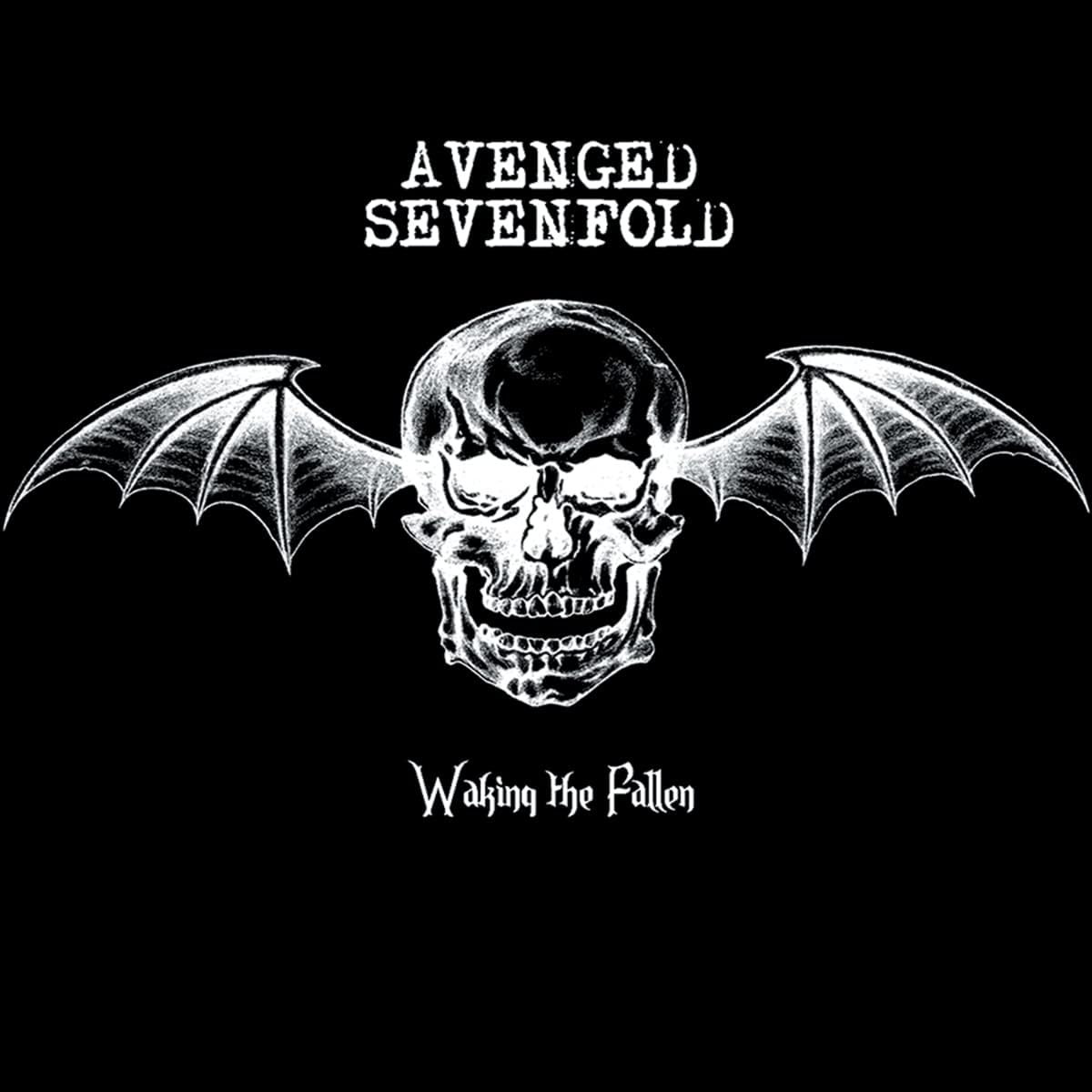
“Waking… was the first time we pushed [Shadows] to sing more,” Vengeance told Revolver in 2010. “I remember at the beginning of Unholy Confessions, he was all screaming, and one time he was, like, kind of dicking around, singing the melody instead of screaming, and we were like, ‘Dude, you have to sing that!’ And so he did, and it was incredible, you know, and then we were like, ‘OK, all right, we’re allowed to fucking sing. If you have a good voice, you don’t have to scream just to scream.’”
Waking… landed on August 26, 2003, to mass critical acclaim. Arriving just as the dominating influence of nu metal had started to wane (a year after Killswitch Engage’s pioneering second album, Alive Or Just Breathing, and two months before Trivium’s nascent debut Ember To Inferno), its release spurred on the unstoppable rise of metalcore. The band headed out on their then-biggest tour almost immediately, journeying to Europe for the first time – and it wasn’t long before everything descended into chaos.
“It was everything you would imagine it to be: pure debauchery,” Shadows told Metal Hammer in 2021. “You’re out there, going crazy, partying it up every night.”
By the end of that first UK tour, we were 10 pounds heavier and pretty fucked.
Synyster Gates
“It’s unbelievable that we survived that [tour],” added Gates. “Really, any night could just escalate – not just because of us, but because of being in a foreign place, being out too late. There were people around you that just wouldn’t stop buying you shots. One time I had 10 shots of Aftershock in my hand, and next to me was my Snakebite and black. I should’ve died of alcohol poisoning! By the end of that first UK tour, we were 10 pounds heavier and pretty fucked.”
Avenged would abandon metalcore on their third album, 2005’s City Of Evil, switching up their sound, forgoing screaming and embracing progressive, sleazy hard rock. But the foundations of what they put in place on Waking The Fallen – the duelling guitars; sharp, inventive song structures; and huge choruses – have remained their bread and butter.
While Murdock’s production on Waking… sounds somewhat constrictive today, the flashes of experimentation that would come to define the band’s later body of work – most notably on 2016’s proggy The Stage and in the batshit, genre-bending exploits of 2023’s Life Is But A Dream… – are discernible even then. From the sprawling, conceptual two-parter I Won't See You Tonight to the flourishing flamenco guitar on Remenissions, Waking… was proof Avenged had zero interest in adhering to any sort of template, capturing a band with limitless potential coming into their own.
“When we wrote Waking…, it was important,” said Vengeance. “Listening back to it now, it’s really not the best-produced album, but at the time we were involved in every aspect of it and we were so proud of it.”
Danniii Leivers writes for Classic Rock, Metal Hammer, Prog, The Guardian, NME, Alternative Press, Rock Sound, The Line Of Best Fit and more. She loves the 90s, and is happy where the sea is bluest.
